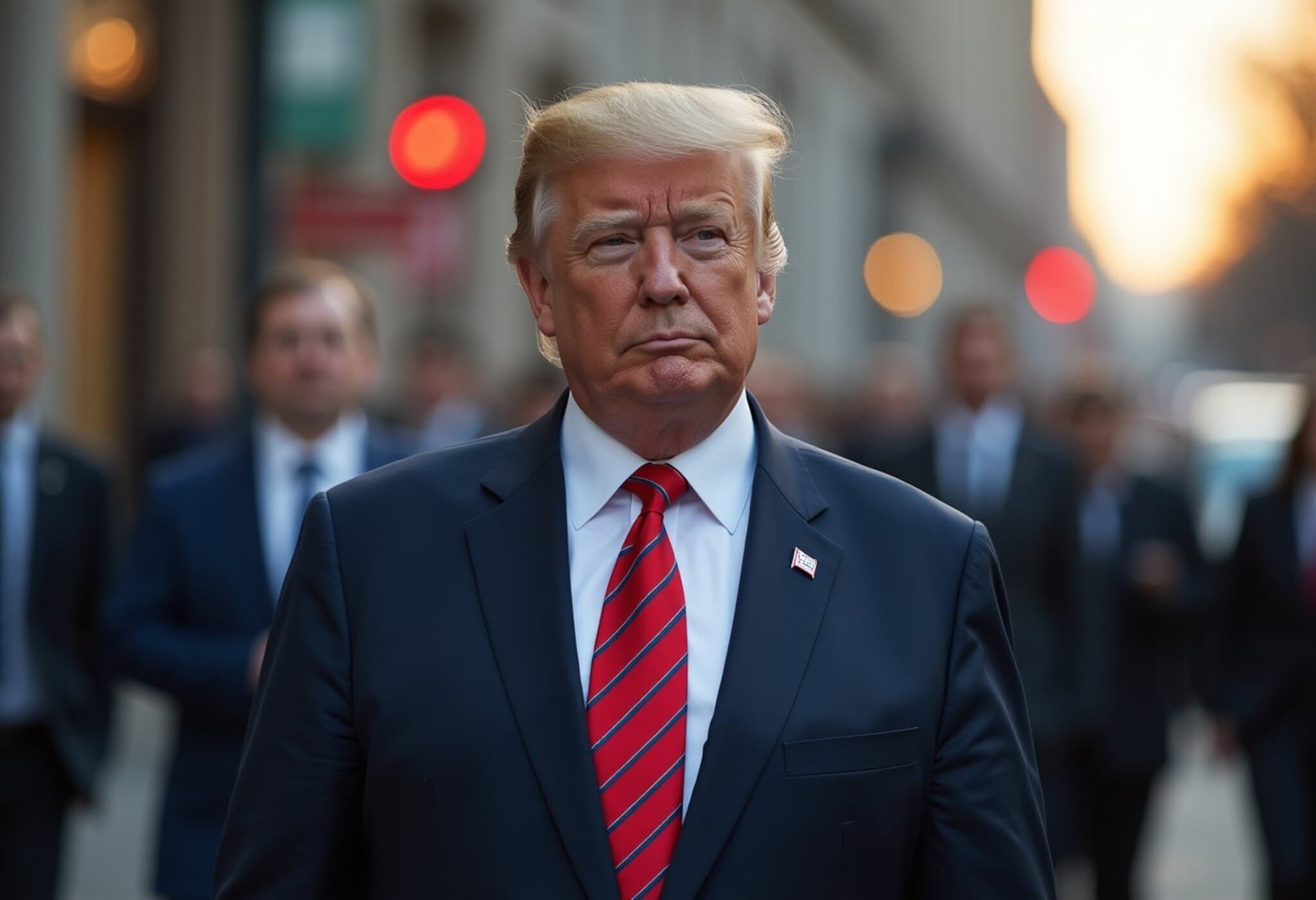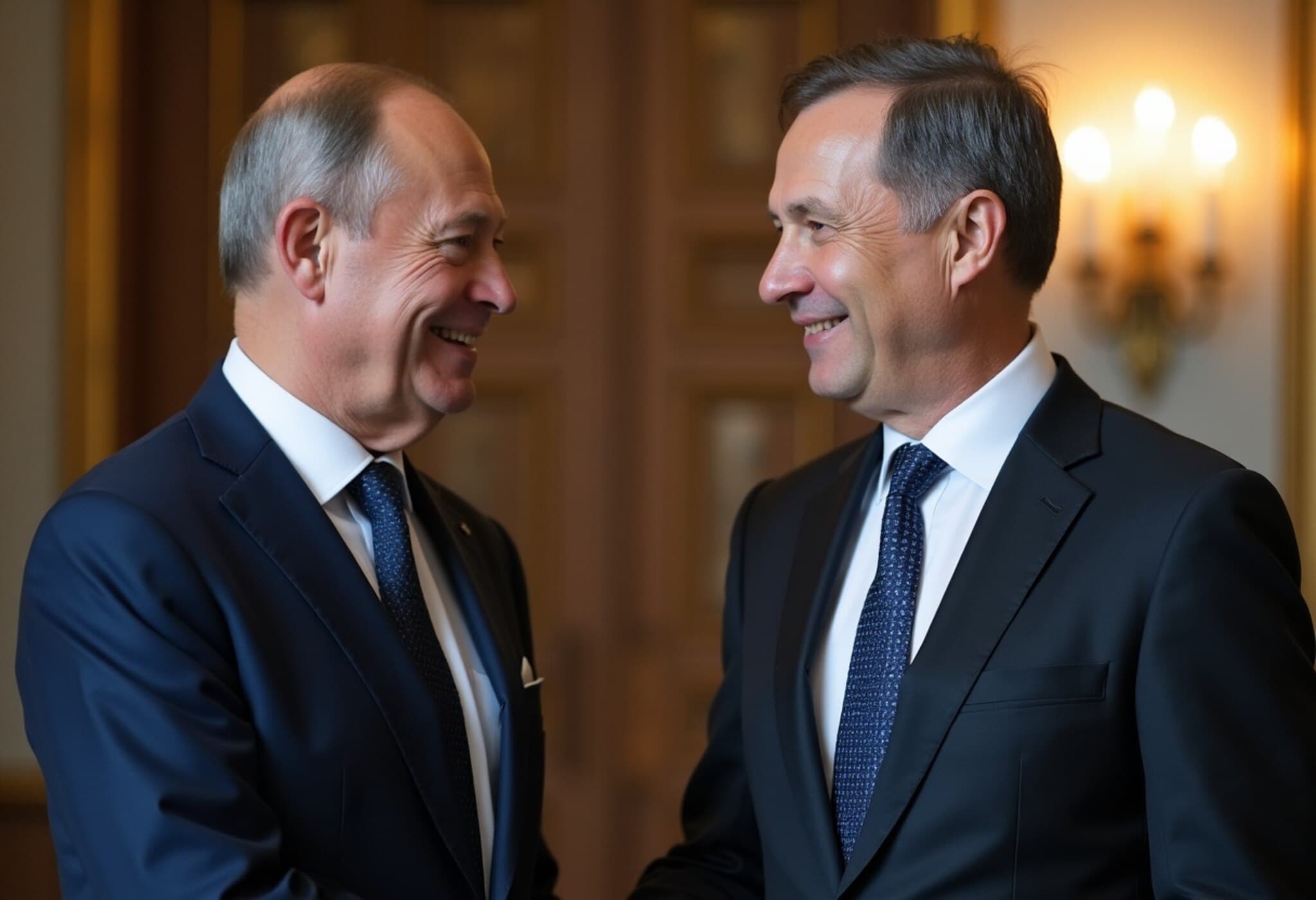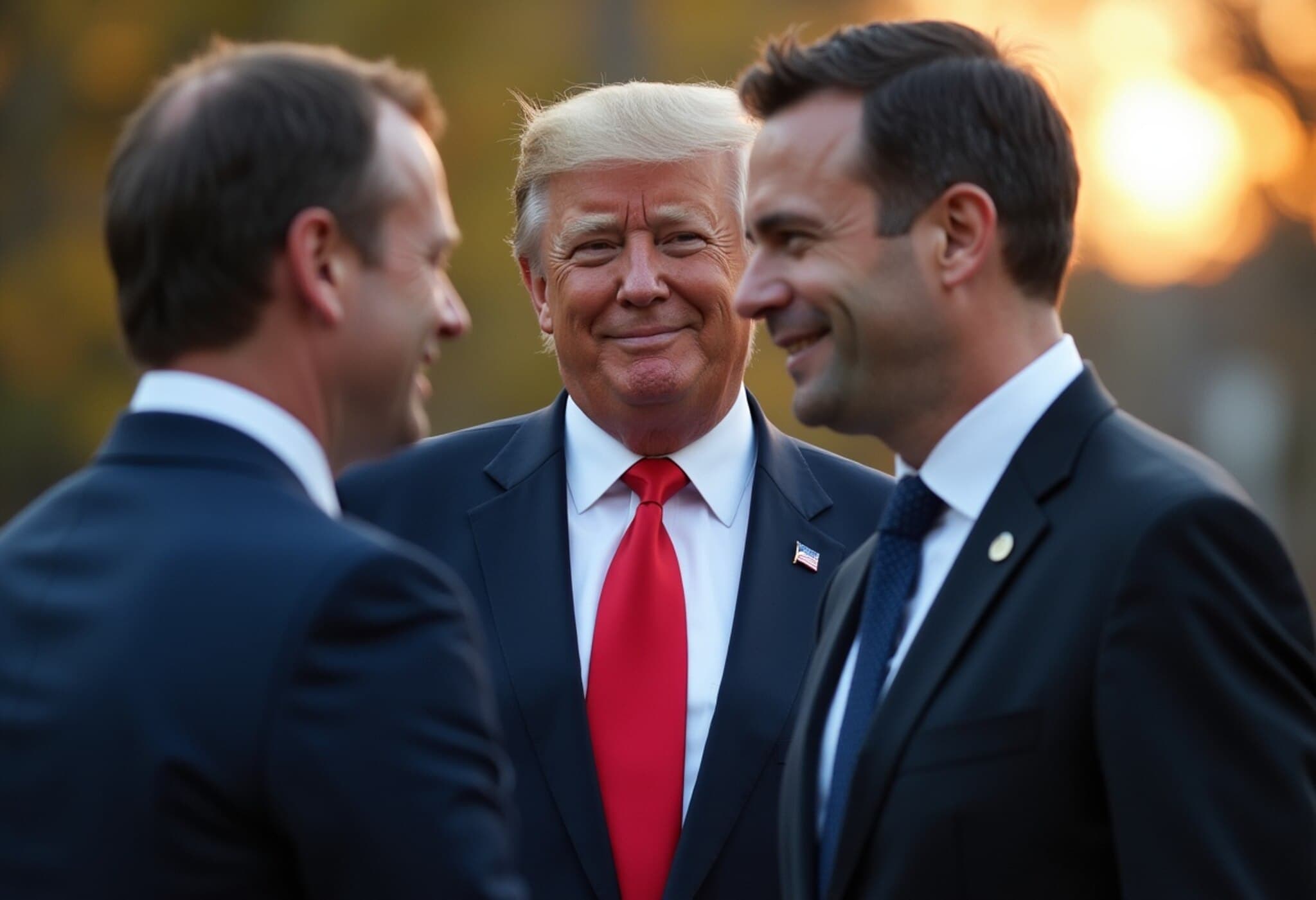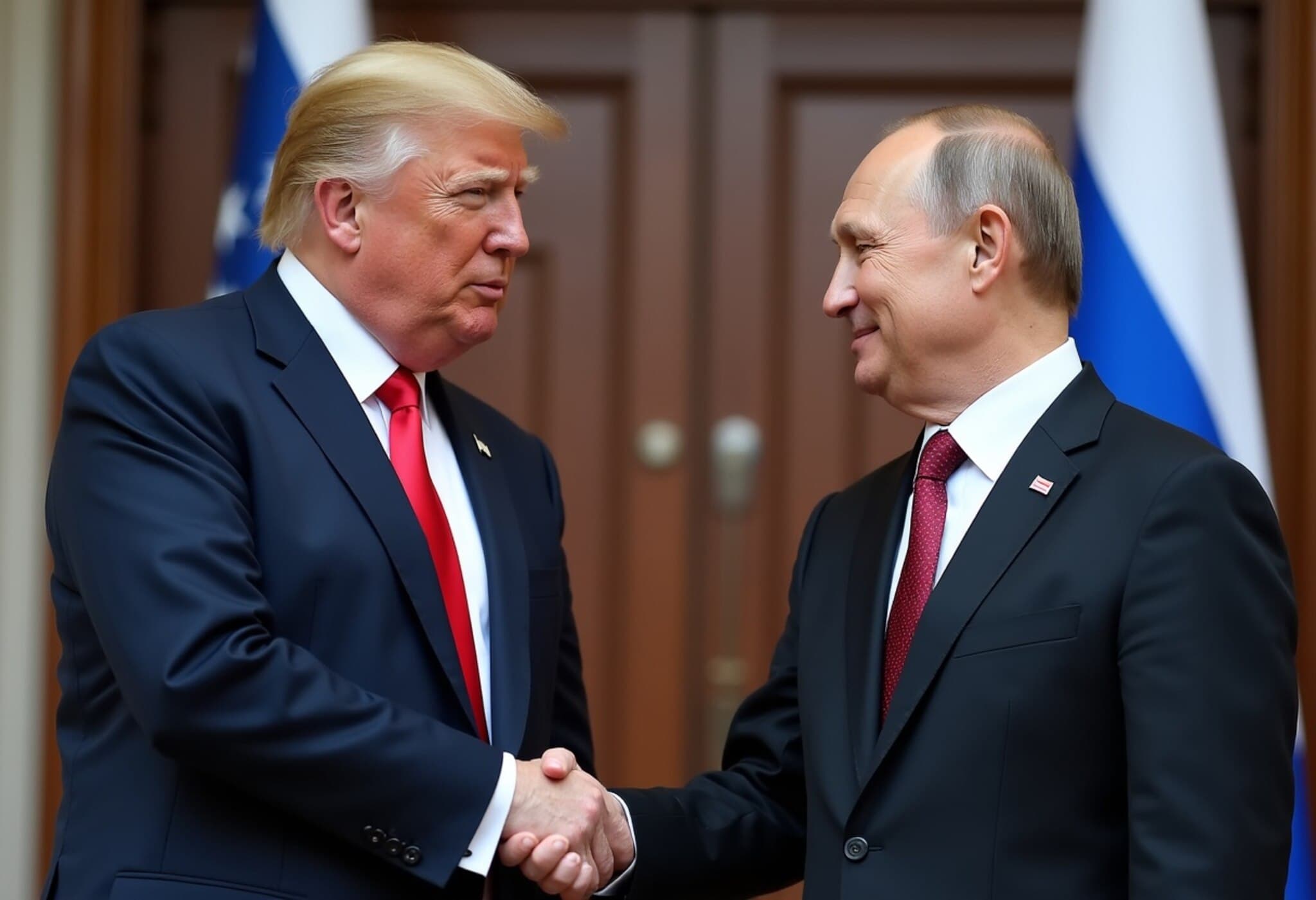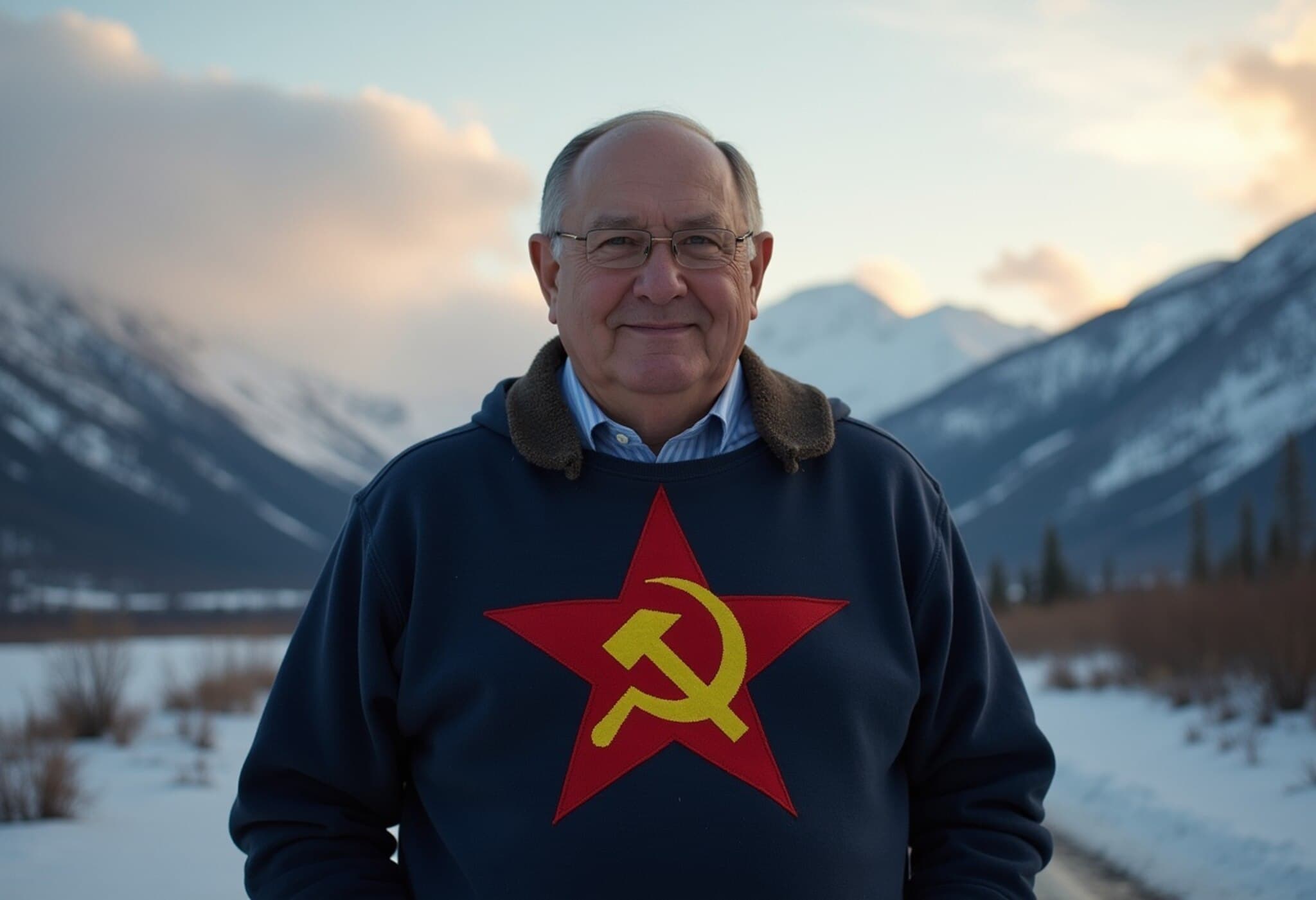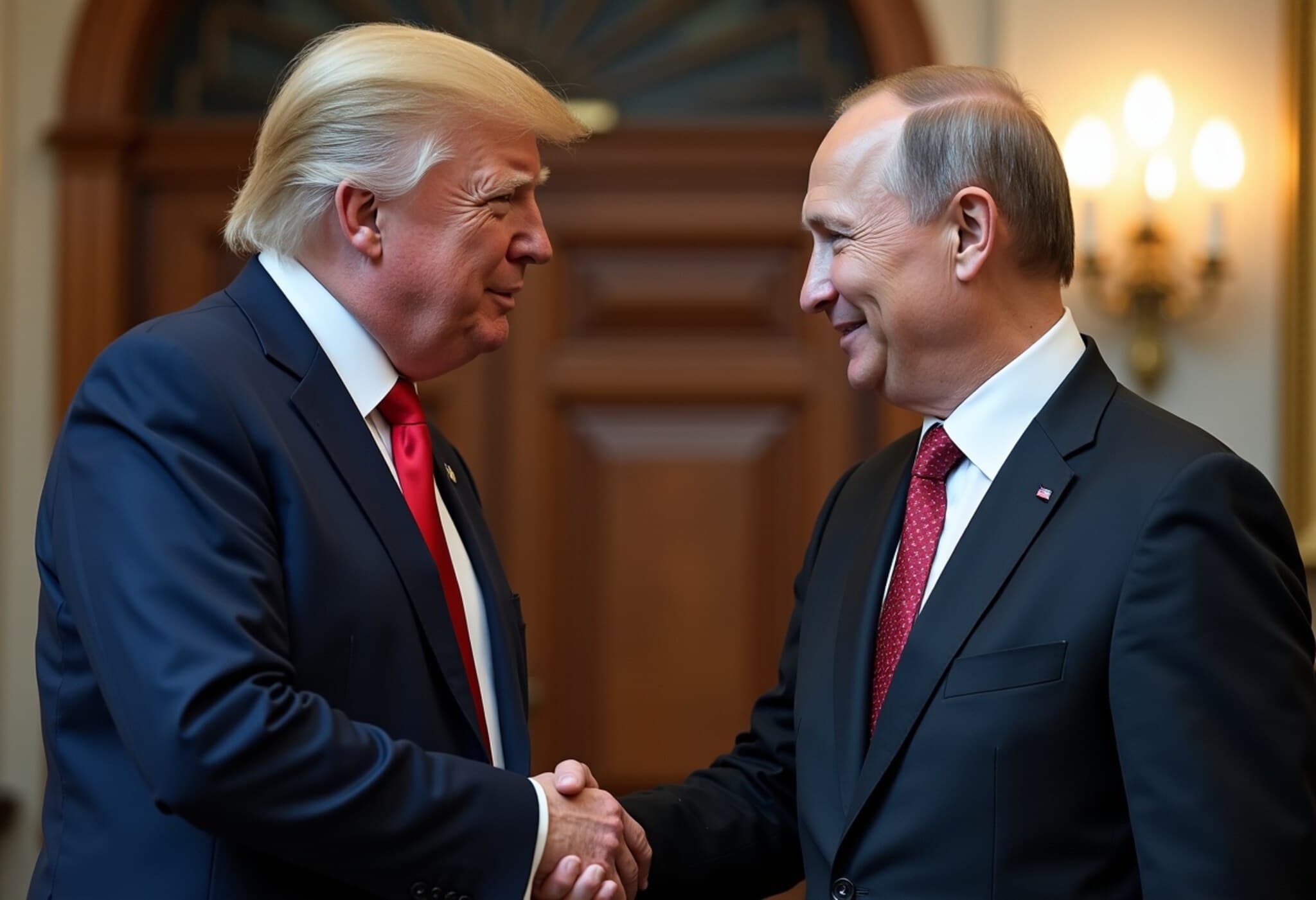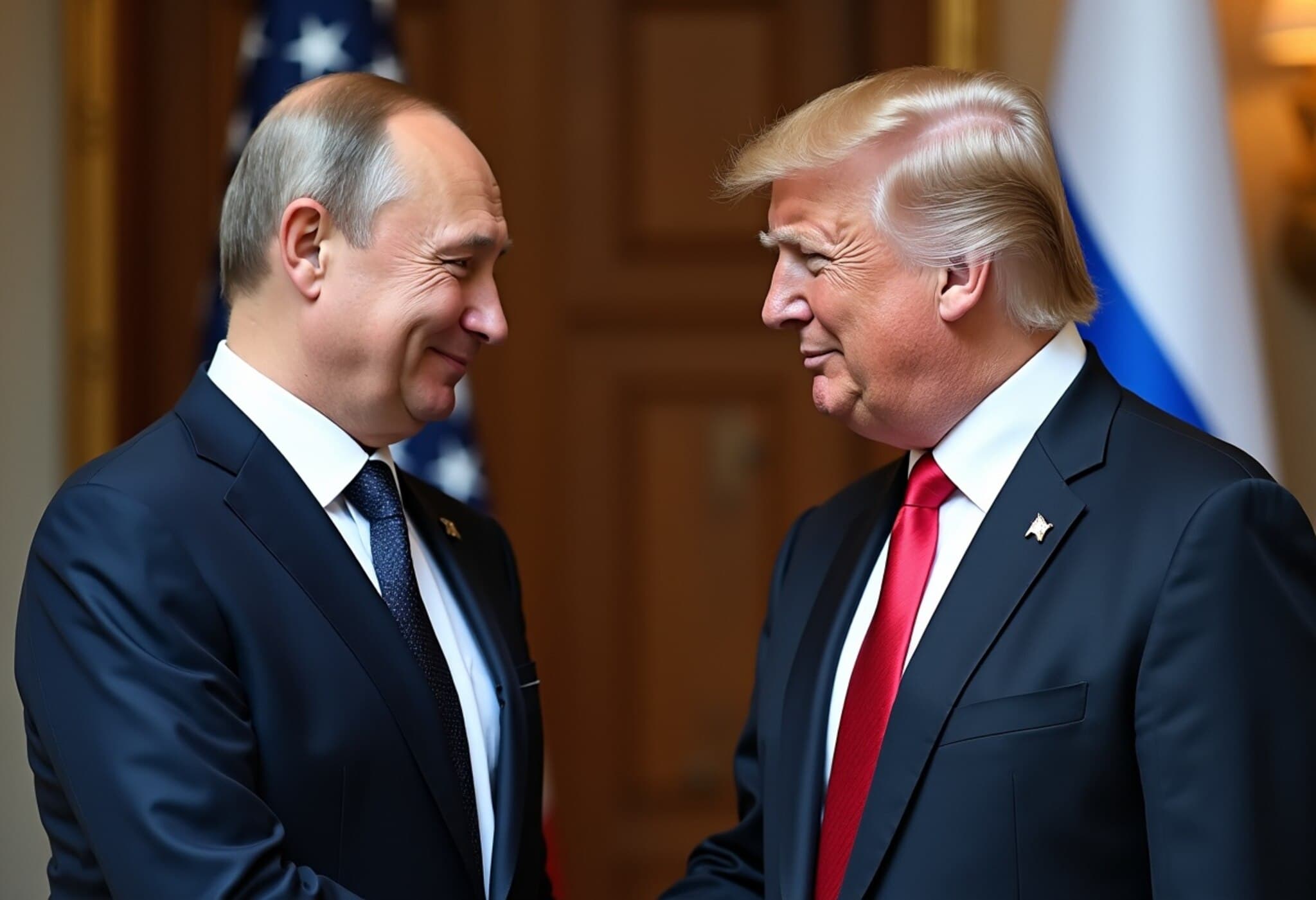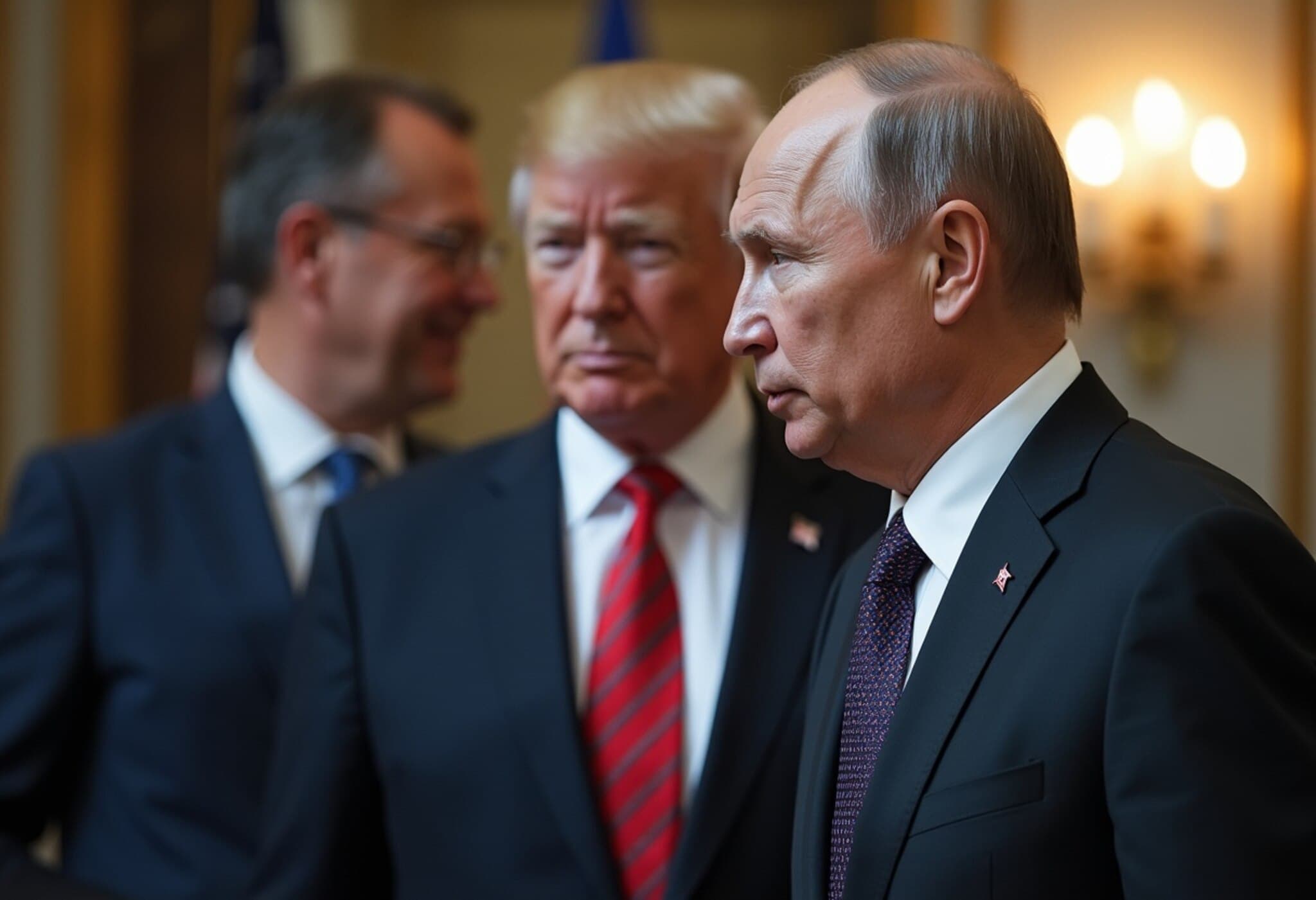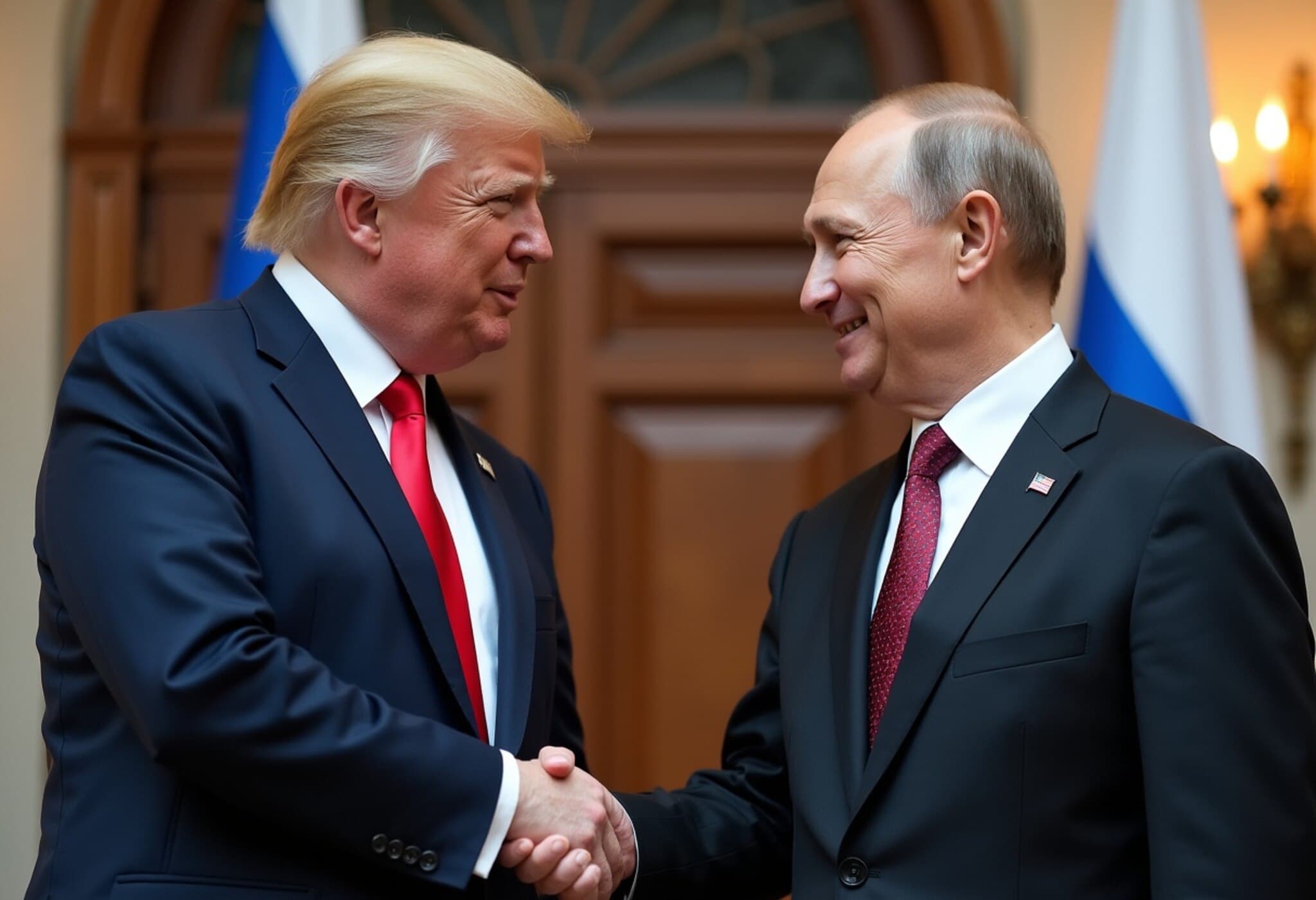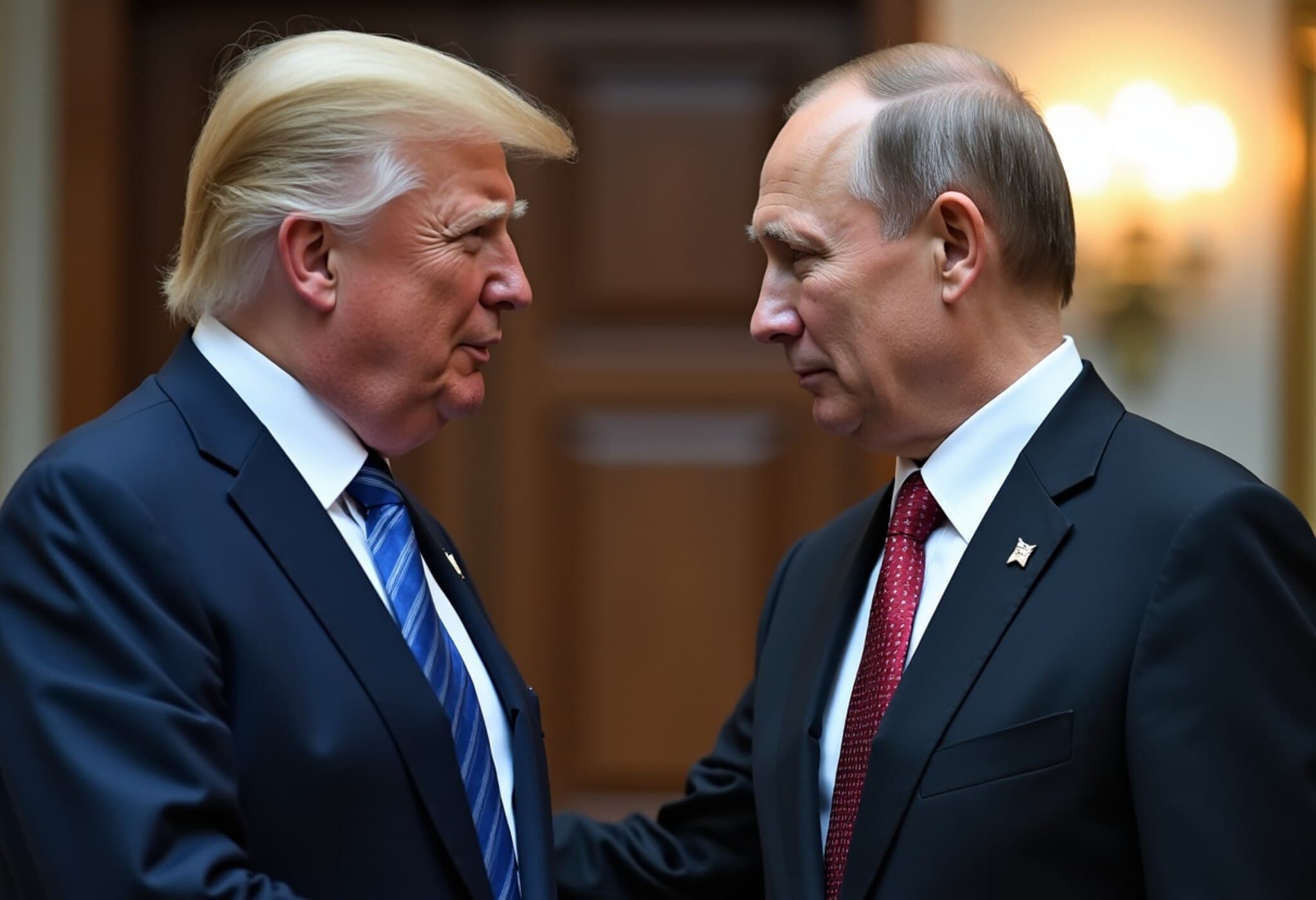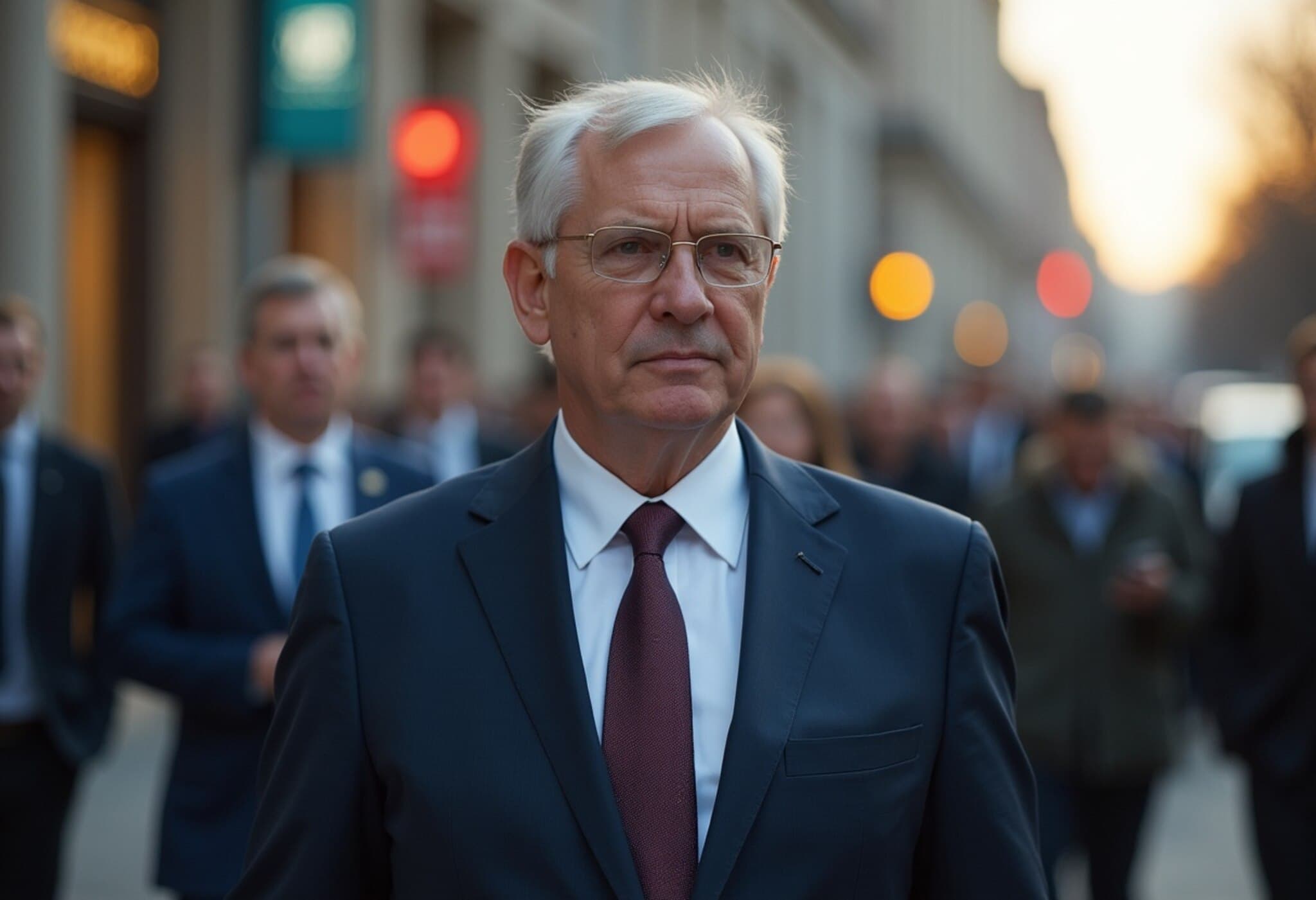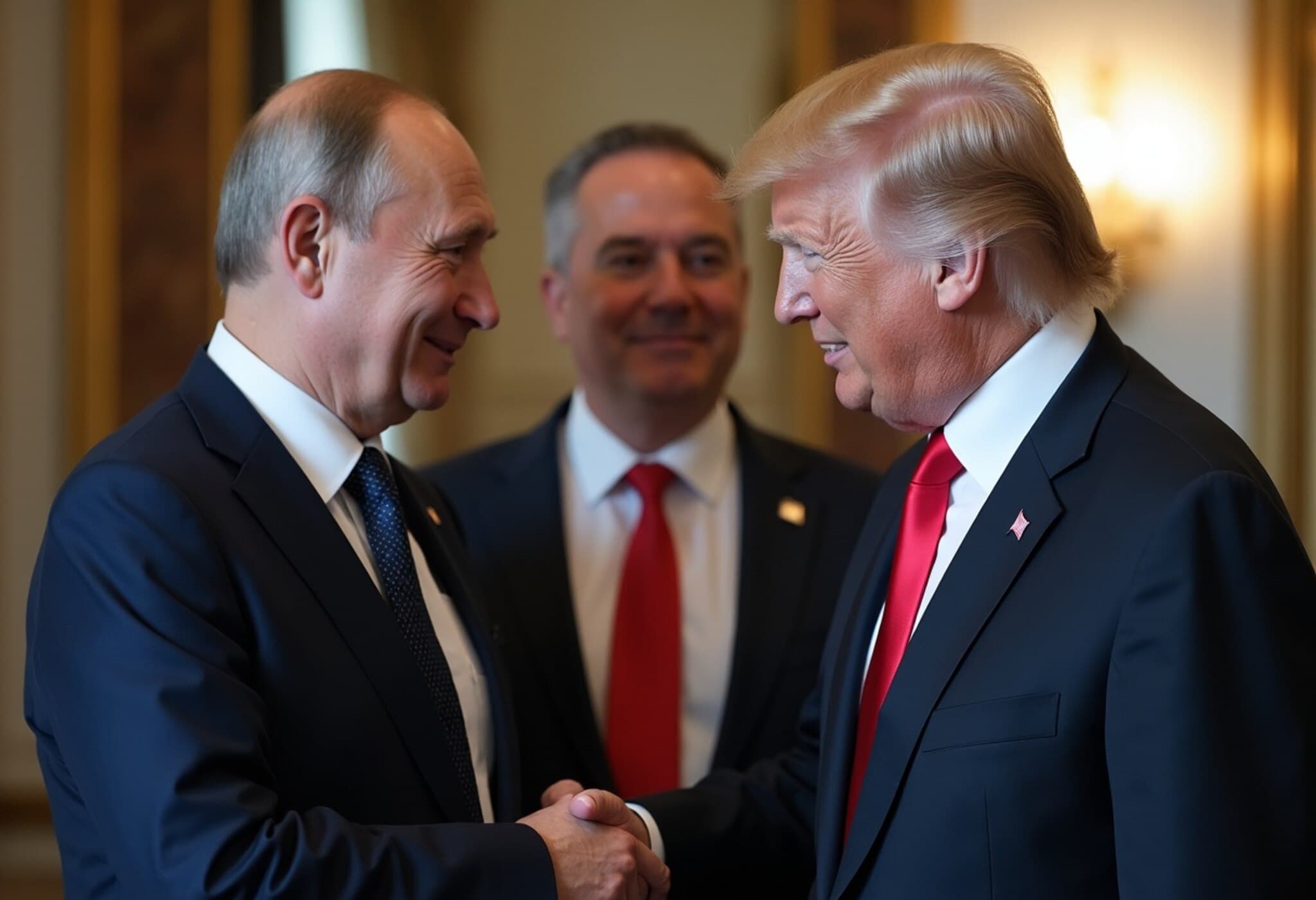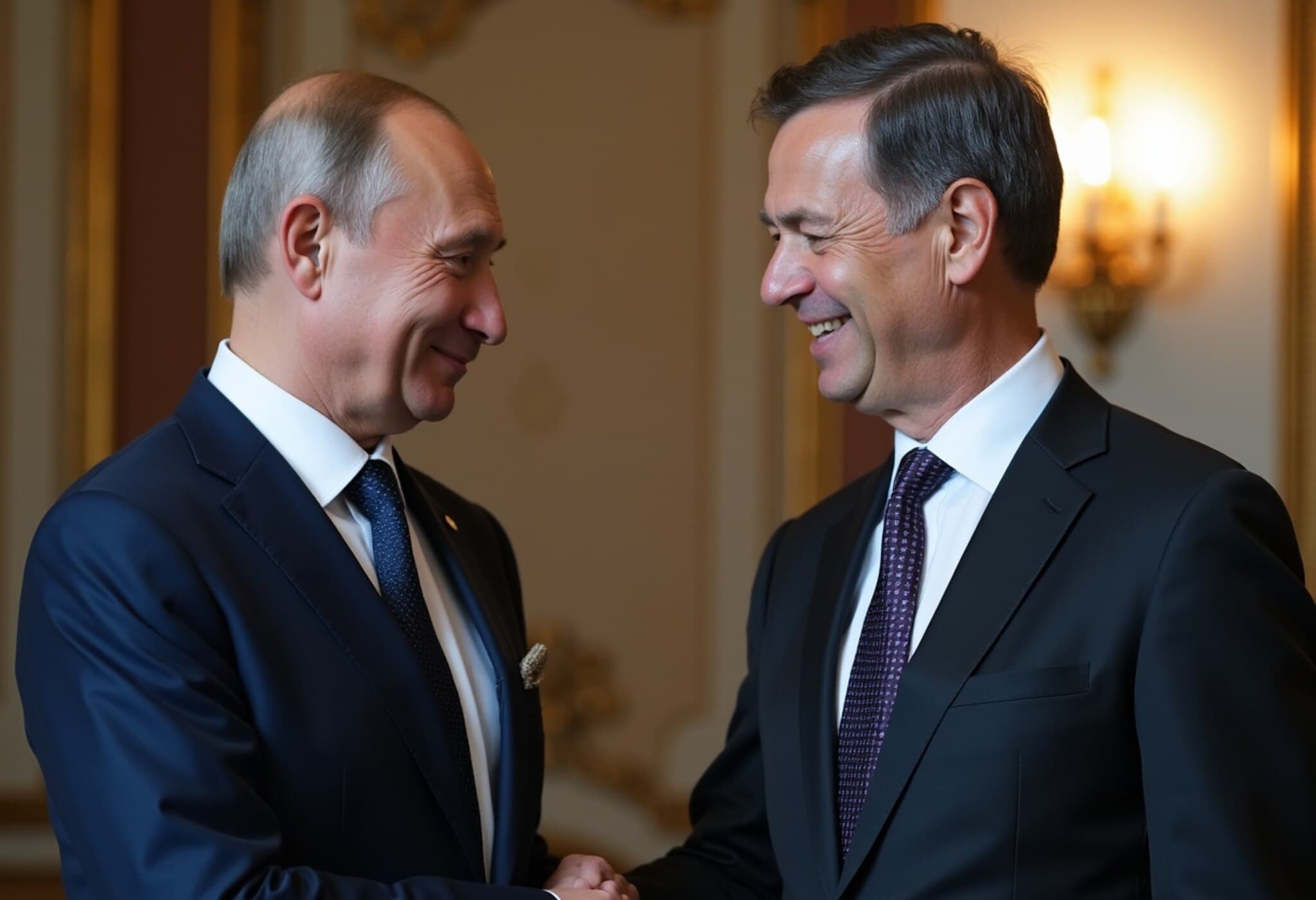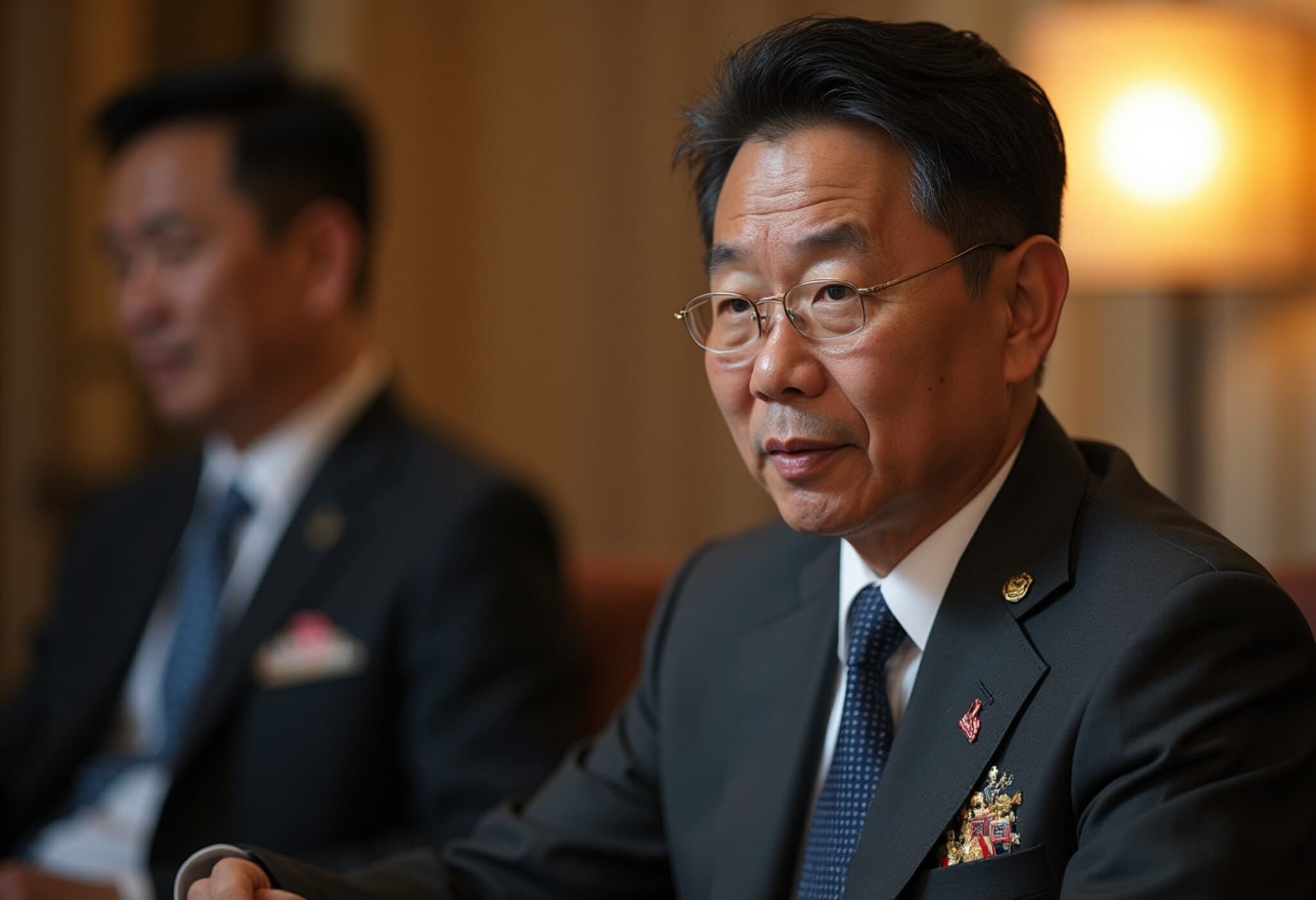US Special Envoy Steve Witkoff Meets Vladimir Putin in Moscow
In a significant diplomatic development ahead of a looming ceasefire deadline, US President Donald Trump’s Special Envoy Steve Witkoff met with Russian President Vladimir Putin on August 6, 2025, in Moscow. This encounter occurs as Trump weighs the possibility of imposing sanctions on Russia’s so-called 'shadow fleet' should negotiations on a ceasefire in Ukraine fail.
The conversations between Witkoff and Putin come at a critical juncture in the ongoing conflict in Ukraine. While Trump has set a firm deadline for Russia to accept a truce, the Kremlin appears to be signaling a willingness to consider a partial ceasefire, particularly targeting aerial attacks, while continuing ground offensives.
The Shadow Fleet and Potential Sanctions
Central to the US’s strategic response are discussions around Russia’s shadow fleet—a collection of aging oil tankers with murky ownership profiles used to circumvent sanctions and transport restricted goods. Trump’s administration is reportedly prepared to take concrete action by sanctioning these vessels, marking a possibly unprecedented punitive measure in his second term.
Experts highlight the shadow fleet sanctions as a tactical move—both a symbolic and economic stride intended to pressure Russia without escalating direct military involvement. This strategy aligns with broader US aims to impose costs on Moscow if diplomatic efforts fail.
Diplomatic Dynamics and Strategy
The Witkoff-Putin meeting was characterized by cordiality, with images showing warm handshakes and smiles, highlighting the complex interplay of diplomacy where formal hostility coexists with personal rapport. Witkoff’s longstanding friendly ties with Russia and Putin appear to persist, even as Trump's rhetoric toward Putin has grown more critical recently.
Interestingly, Putin’s approach, according to analysts, seems calibrated to offer symbolic concessions that could appeal to Trump’s desire for a political 'win' back home. A temporary ceasefire, especially one focused on aerial combat, could create an illusion of progress, while allowing Russian forces to regroup on the ground.
Kseniya Kirillova, a Russia analyst at the Jamestown Foundation, notes, "For Putin, freezing the conflict temporarily serves to strengthen his position, setting the stage for a possible resurgence under more favorable conditions." Sergei Markov, a Kremlin-linked consultant, described the proposed air truce as a "gift" aimed at influencing Trump's decisions.
Implications for US-Russia Relations and the Ukraine Conflict
This episode underscores the delicate balancing act the US administration faces: pursuing a peaceful resolution without emboldening Moscow, and deploying sanctions that can make tangible impacts without unintended geopolitical fallout.
The potential shadow fleet sanctions signal a US willingness to escalate economic pressure, particularly targeting the opaque networks enabling Russia’s sanctions evasion. Strategically, this could disrupt critical supply chains and raise the stakes of compliance with any ceasefire terms.
The broader question remains: Can this diplomatic needle move the needle towards a durable peace, or will it merely pave the way for a tactical pause favoring Russian military recalibration?
Behind-the-Scenes Figures and the Human Element
Adding a layer of intrigue, Witkoff was spotted taking an early stroll in Moscow’s Zaryadye Park with Kirill Dmitriev, a trusted Putin advisor dubbed "Putin’s Trump whisperer." Dmitriev’s engagement in talks with the Trump administration highlights the subtle personal diplomacy ongoing beneath official channels.
This human touch complicates what might otherwise be seen as a purely adversarial relationship, revealing the convoluted dynamics of international diplomacy where personal relationships can influence big-picture strategies.
Editor's Note
This meeting between Witkoff and Putin exemplifies the intricate chess game shaping the Ukraine conflict’s prospective resolution. As the US maneuvers through sanctions and diplomacy, the shadow fleet sanctions could set a precedent for targeting covert economic mechanisms in conflict zones. Readers should watch for how these sanctions impact both Russia’s logistics and the broader geopolitical landscape—and whether proposed ceasefires reflect genuine peace initiatives or calculated pauses in conflict.
- Will sanctioning the shadow fleet significantly curtail Russia’s ability to sustain its war effort?
- Can symbolic ceasefires balance political optics with on-the-ground realities?
- How do personal diplomatic relationships influence policy outcomes in tense geopolitical climates?
These themes warrant close attention as the situation evolves.

